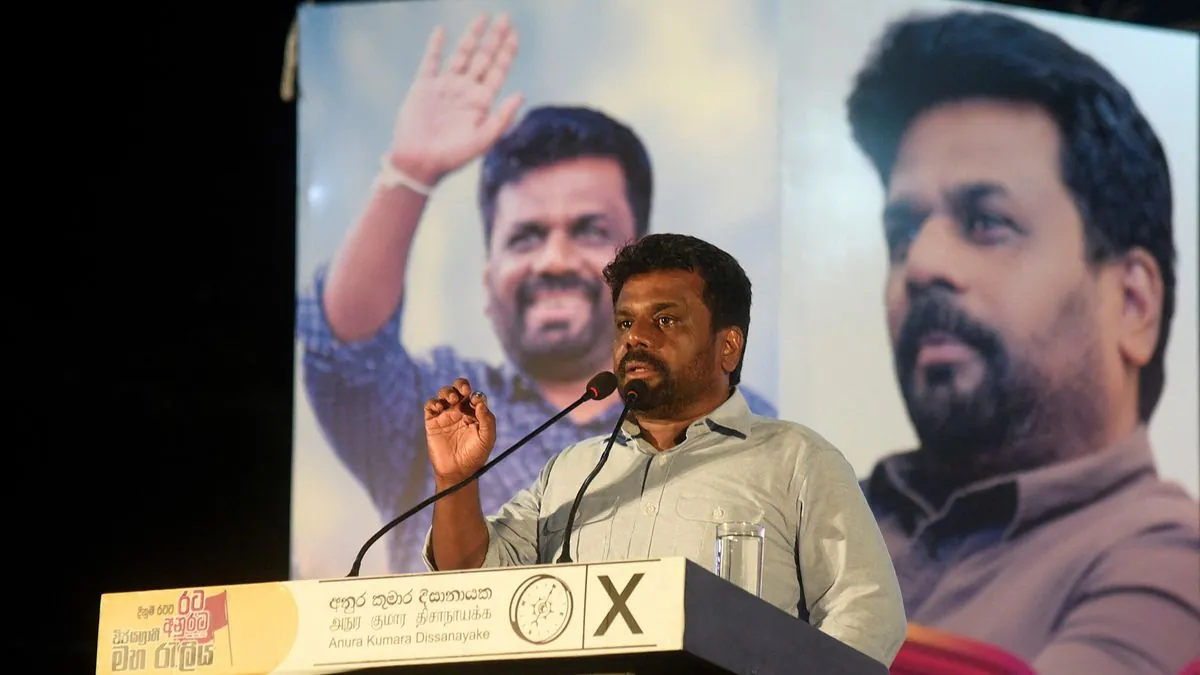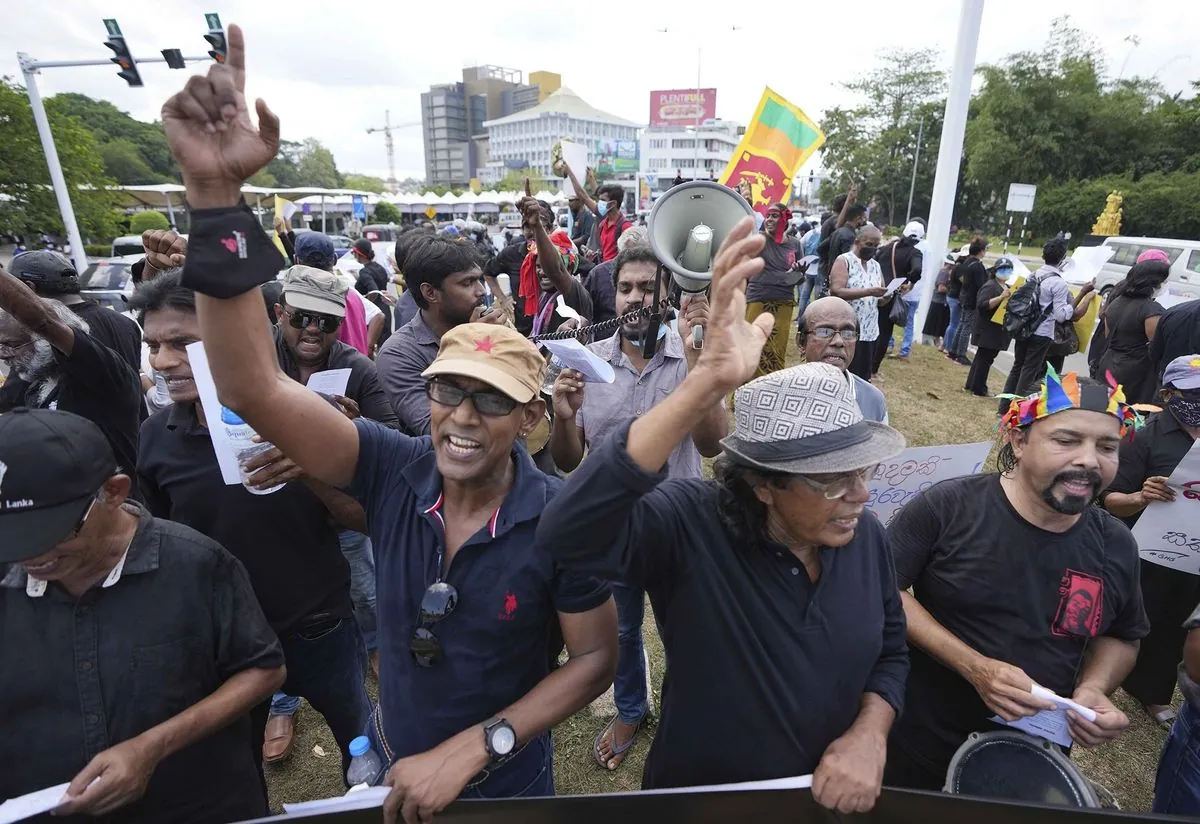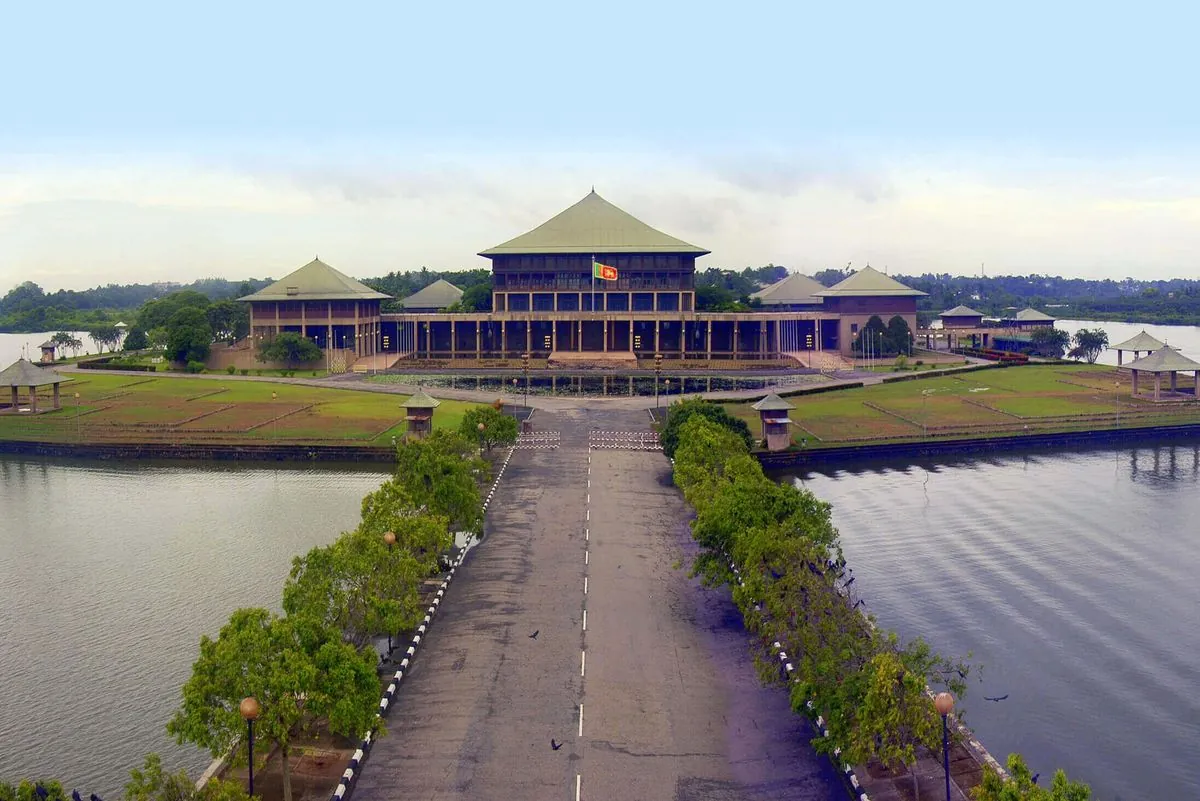Sri Lanka's New President Faces Economic Challenges and Geopolitical Balancing Act
Sri Lanka elects Anura Kumara Dissanayake as president, focusing on economic recovery. The new government must navigate relations with India and China while addressing domestic issues and ethnic tensions.

In a significant political shift, Anura Kumara Dissanayake of the Janatha Vimukthi Peramuna (JVP) party emerged victorious in Sri Lanka's presidential election on September 21, 2024. This election marked a departure from previous polls, with economic concerns taking center stage over traditional ethnic divides.
Sri Lanka, an island nation of approximately 22 million people located southeast of India, has been grappling with severe economic challenges. The country faced an unprecedented fiscal crisis in 2022, exacerbated by the COVID-19 pandemic's impact on tourism and economic mismanagement under former President Gotabaya Rajapaksa.
The JVP, originally founded as a revolutionary movement, has a complex history with India. The party was involved in two failed insurrections in 1971 and 1987-1989, with India assisting in suppressing the first uprising. This historical context has shaped the JVP's perception of India as a dominant regional force.

Despite past reservations, Dissanayake has recently made efforts to improve relations with India, recognizing the pragmatic need for cooperation. India's significant role in providing economic assistance during Sri Lanka's recent crisis, amounting to $4 billion, underscores the importance of maintaining positive bilateral relations.
"We had a productive meeting with Mr. Dissanayake and discussed areas of mutual interest and cooperation."
Sri Lanka's economic recovery remains a critical challenge for the new government. The country defaulted on its foreign debt for the first time in 2022, highlighting the severity of its financial situation. As the world's largest producer of Ceylon tea and home to eight UNESCO World Heritage Sites, Sri Lanka's economy heavily relies on tourism and exports, sectors that have been severely impacted in recent years.
The new administration must navigate a delicate balance between India and China. While India is Sri Lanka's second-largest trading partner and a crucial supplier of refined petroleum, China has made significant inroads over the past decade. Sri Lanka owes nearly 11% of its $51 billion external debt to Beijing, and the controversial 99-year lease of the Hambantota port to China in 2019 exemplifies the complex dynamics at play.
India's approach to the new Sri Lankan government is likely to focus on three key areas: monitoring any resurgence of Sinhala nationalism, observing efforts to implement the 13th Amendment of the Sri Lankan Constitution regarding Tamil minority rights, and scrutinizing Sri Lanka's ties with China.
Dissanayake's government faces the challenge of addressing these geopolitical concerns while tackling domestic issues. With a literacy rate of over 90% and a rich biodiversity that makes it a hotspot for conservation, Sri Lanka has significant potential for development. However, the country's recent political instability and economic woes have hindered progress.
As Sri Lanka moves forward under new leadership, the government must balance its relationships with regional powers, address economic challenges, and work towards reconciliation among its diverse population. The coming months will be crucial in determining the trajectory of Sri Lanka's recovery and its position in the evolving geopolitical landscape of South Asia.



































